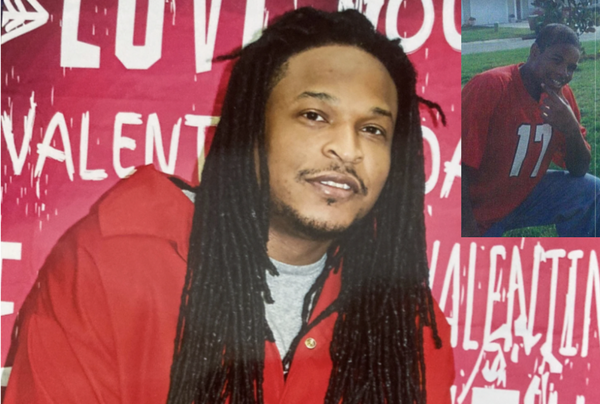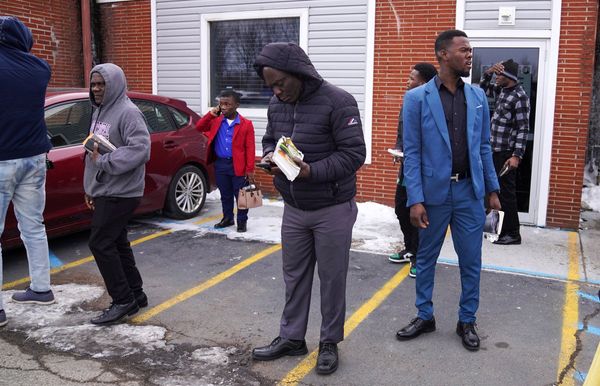
War movies used to celebrate military leaders (George C Scott’s Patton, Lawrence of Arabia) or courageous crack squads (The Dambusters, The Dirty Dozen) but today’s auteurs are less turned on by patriotism and violence, and so are their audiences. Just look at how the battle epic Midway, er, bombed last month. The workaround seems to be a new kind of war story centred on soldiers who really don’t want to kill anyone. You could call it a “pacifist war movie”.
Sam Mendes’s latest film, 1917, is a classic example. In real time, it follows two British soldiers in France on a dangerous mission to warn another battalion they are about to walk into a German trap. These men want to stop the killing rather than add to it. Even when one of them encounters a wounded German soldier, his first instinct is to get him a drink of water.
Mendes clearly learned his lesson after his previous war film, 2005’s Jarhead, in which Jake Gyllenhaal and co were sent into the first Gulf war primed to kill, but spent a lot of time waiting around and bickering with each other. It was a faithful reflection of modern warfare but also a bit dull. By contrast, 1917 is cinematic and action-packed without revelling in the bloodshed.
This seems to be the pattern with prestige war dramas lately. Christopher Nolan’s Dunkirk was, again, essentially a story about not killing and not getting killed. There were a few bits of combat to keep the flag flying, but the real victory was in retreat and rescue. Or think back to The Hurt Locker, focused on a bomb-disposal unit – people who bravely save lives rather than take them. Or Spielberg’s Saving Private Ryan, whose combat scenes were vivid but whose central mission was to save a soldier’s life. Even Wonder Woman’s brief taste of trench warfare involved drawing fire, deflecting bullets and smashing enemy guns.
Possibly the last word in pacifist war heroism has to be 2016’s Hacksaw Ridge, with Andrew Garfield as a GI who refuses to handle a gun due to his religious beliefs, but achieves battle glory all the same by saving his wounded comrades. It was directed by legendary man of peace Mel Gibson, who previously brought you Braveheart and Apocalypto. Even more improbably, Hacksaw Ridge is closely based on a true story.
Such heroes do exist, and their bravery is in no way unworthy of recognition, but they are needles in a haystack. You can see the appeal for modern war auteurs: find one to base your movie on and you can mount your epic battle scenes without getting your hands too dirty or saluting the flag too overtly. All great war movies are really anti-war movies, but this modern variety leaves the impression that our military victories were achieved by being more decent and compassionate than our enemies, rather than, say, killing more of them than they did of us.







